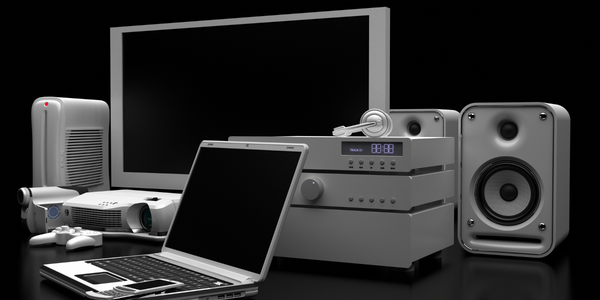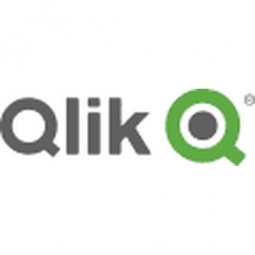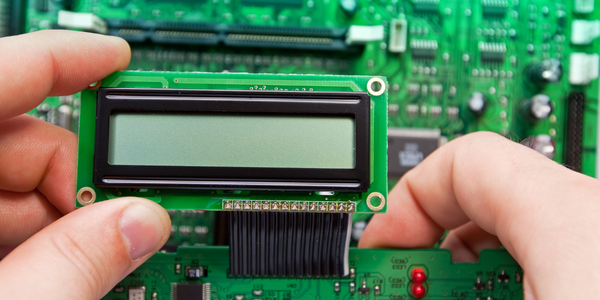Download PDF
Sony Europe Increases Business Visibility with QlikView
Technology Category
- Analytics & Modeling - Real Time Analytics
Applicable Industries
- Electronics
Use Cases
- Process Control & Optimization
- Real-Time Location System (RTLS)
Services
- Data Science Services
- System Integration
The Challenge
Sony Europe, a leading Japanese manufacturer of electronic consumer products, was in need of a quick, reliable business intelligence (BI) solution capable of covering multiple analysis scenarios. The company, which had a turnover in Spain of €1.166 billion in 2009, recognized the need for a BI tool that could integrate various sources of information into a single BI environment. The company sought a solution that could assist with decision-making and increase the degree of independence of each of the business areas.
About The Customer
Sony Europe is a leading Japanese manufacturer of electronic consumer products, professional audio and video equipment, videogames, and information and communications technology. Its area of activity is as broad as the creativity of its employees, whether in local work or working for the global community. Sony Europe is highly committed to reducing its environmental impact and inspiring better sustainability initiatives. As a company with a turnover in Spain of €1.166 billion in 2009, Sony was aware that it needed to find a quick, reliable solution with the capacity for covering multiple analysis scenarios.
The Solution
Sony Europe chose QlikView for its BI solution due to its broad network of consultants and specialists, the simplicity of the initial deployment, and its adaptability. The company opted for a configuration of QlikView Desktop and Publisher to take advantage of the potential for analysis and data exploration offline. The initial data sources include SAP NetWeaver BW, Oracle, Microsoft Sharepoint, Microsoft Access and Excel spreadsheet software and the company's own planning files. QlikView has been extremely valuable in integrating the various sources of information in a single business intelligence (BI) environment. Around 80 people use QlikView at Sony in Spain at both middle-management and board level. The focus for its use takes the form of short-term projects with a fast business solution.
Operational Impact
Related Case Studies.

Case Study
Remote Temperature Monitoring of Perishable Goods Saves Money
RMONI was facing temperature monitoring challenges in a cold chain business. A cold chain must be established and maintained to ensure goods have been properly refrigerated during every step of the process, making temperature monitoring a critical business function. Manual registration practice can be very costly, labor intensive and prone to mistakes.

Case Study
Cloud Solution for Energy Management Platform-Schneider Electric
Schneider Electric required a cloud solution for its energy management platform to manage high computational operations, which were essential for catering to client requirements. As the business involves storage and analysis of huge amounts of data, the company also needed a convenient and scalable storage solution to facilitate operations efficiently.

Case Study
Leveraging the IoT to Gain a Competitive Edge in International Competition
Many large manufacturers in and outside Japan are competing for larger market share in the same space, expecting a growing demand for projectors in the areas of entertainment, which requires glamor and strong visual performance as well as digital signage that can attract people’s attention. “It is becoming more and more difficult to differentiate ourselves with stand-alone hardware products,” says Kazuyuki Kitagawa, Director of Service & Support at Panasonic AVC Networks. “In order for Panasonic to grow market share and overall business, it is essential for us to develop solutions that deliver significant added value.” Panasonic believes projection failure and quality deterioration should never happen. This is what and has driven them to make their projectors IoT-enabled. More specifically, Panasonic has developed a system that collects data from projectors, visualizes detailed operational statuses, and predicts issues and address them before failure occurs. Their projectors are embedded with a variety of sensors that measure power supply, voltage, video input/ output signals, intake/exhaust air temperatures, cooling fan operations, and light bulb operating time. These sensors have been used to make the projector more intelligent, automatically suspending operation when the temperature rises excessively, and automatically switching light bulbs. Although this was a great first step, Panasonic projectors were still not equipped with any capability to send the data over a network.








